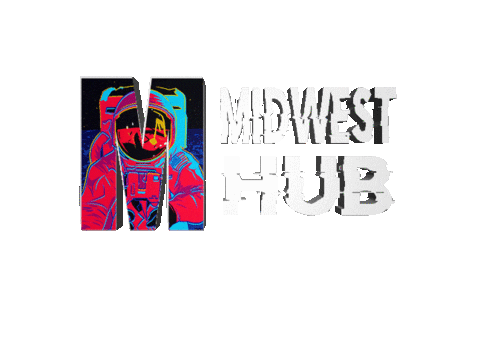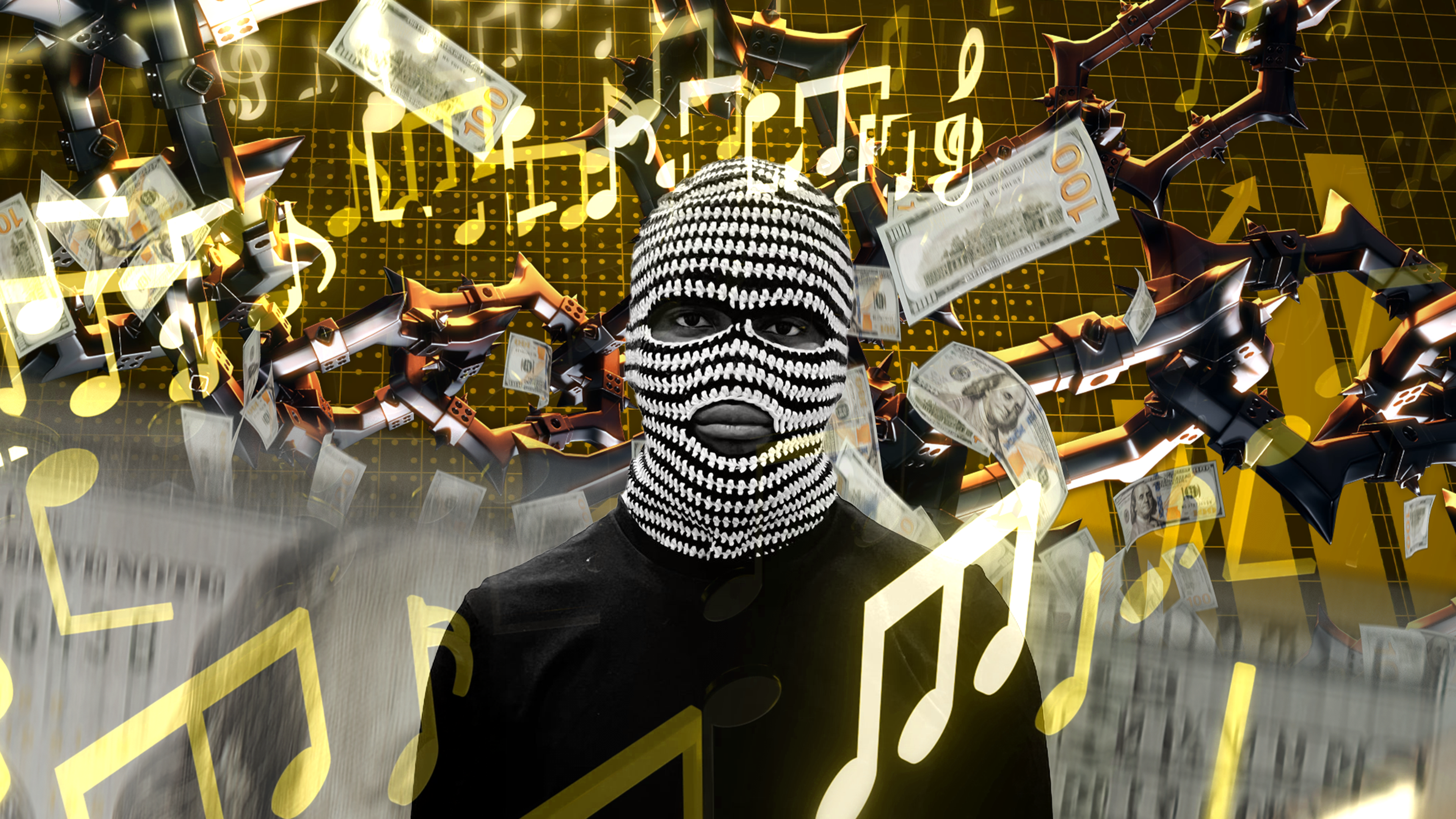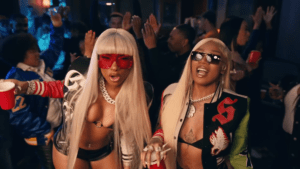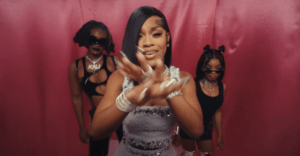
The Payola Problem in Hip-Hop: A Silent Force Shaping the Industry
In the shadows of hip-hop’s meteoric rise, a quiet controversy looms—payola. While hip-hop thrives on authenticity, grassroots movements, and raw talent, behind the scenes, money often dictates airplay, playlist placements, and chart success. The issue of payola—essentially paying for promotional advantages in the music industry—is nothing new, but in today’s digital landscape, the game has evolved.
What is Payola?
Payola, in its classic form, refers to the practice of artists, labels, or promoters paying radio stations and DJs to play their music without disclosure. It’s an industry taboo, illegal in some contexts, yet undeniably prevalent. Historically, payola scandals have rocked the industry, from the early days of rock ‘n’ roll to the corporate takeovers of pop radio. However, hip-hop—once the underdog genre, now the global powerhouse—is facing its own version of the phenomenon.
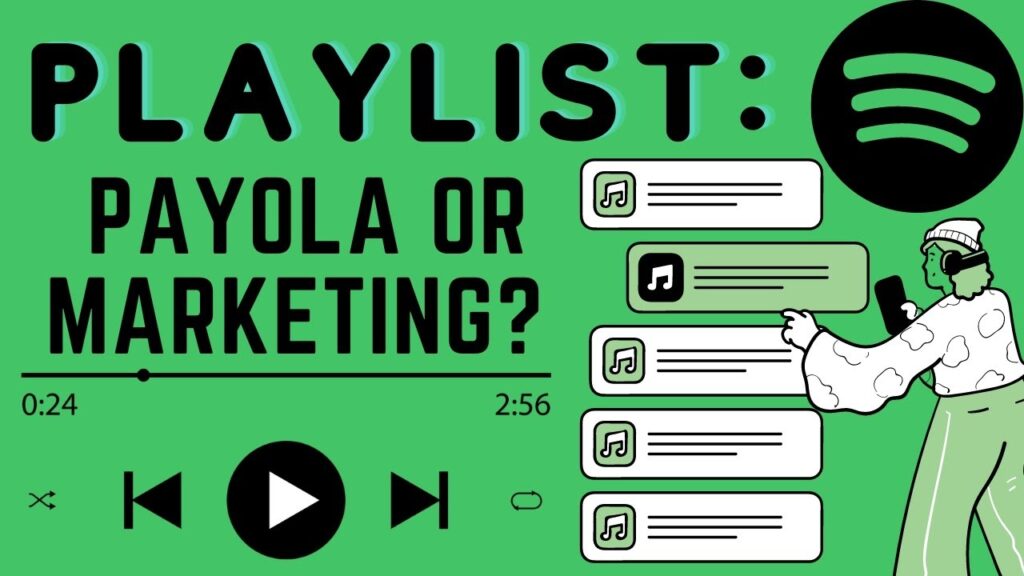
Payola in Hip-Hop: The Digital Evolution
Traditional radio payola has faded, replaced by digital tactics. Playlist placement on major streaming platforms like Spotify and Apple Music has become the new battleground. Many independent artists struggle to get noticed, while major label acts seem to dominate coveted spots on editorial playlists. Rumors swirl about backdoor deals, where labels and marketing agencies pay influencers, curators, and even streaming platforms themselves for exposure.
Social media payola is another concern. Rap artists often go viral when their music is picked up by influencers or used in TikTok challenges. While organic discovery plays a role, it’s widely believed that some labels pay content creators to artificially boost songs. This makes it harder for unsigned artists to compete in an industry where exposure often translates to success.
TAKE THE POLL
What do you think—does payola harm hip-hop’s integrity, or is it just the price of success? Visit our Instagram post below, take the poll and share your thoughts.
Who Benefits—and Who Suffers?
Major labels and established artists have the resources to leverage payola tactics, giving them an edge over independent musicians. This creates a system where radio play, streaming visibility, and social media traction aren’t necessarily merit-based, but money-driven. For hip-hop, a genre rooted in struggle and storytelling, this dynamic threatens authenticity.
Underground artists, despite their talent and grind, often hit a glass ceiling. Many rely on organic fan engagement, guerrilla marketing, and word-of-mouth promotion. But without the deep pockets to fund playlist placements or social media boosts, breaking through to a mainstream audience remains an uphill battle.
Can Payola Be Stopped?
Though payola remains legally questionable in certain forms, enforcement is inconsistent. The Federal Communications Commission (FCC) prohibits undisclosed payments for radio airplay, but streaming payola operates in a gray area. Some advocate for greater transparency in playlist curation and more ethical marketing practices. Others argue that pay-for-promotion is simply the cost of doing business in a competitive industry.
Ultimately, the issue of payola in hip-hop raises important questions about fairness, access, and authenticity. As the genre continues to evolve, its artists, fans, and industry players must decide what kind of music ecosystem they want to cultivate. Here at MidwesthubTV we curate what we love and therefore the idea of pay to play doesn’t influence what’s on our playlist.
